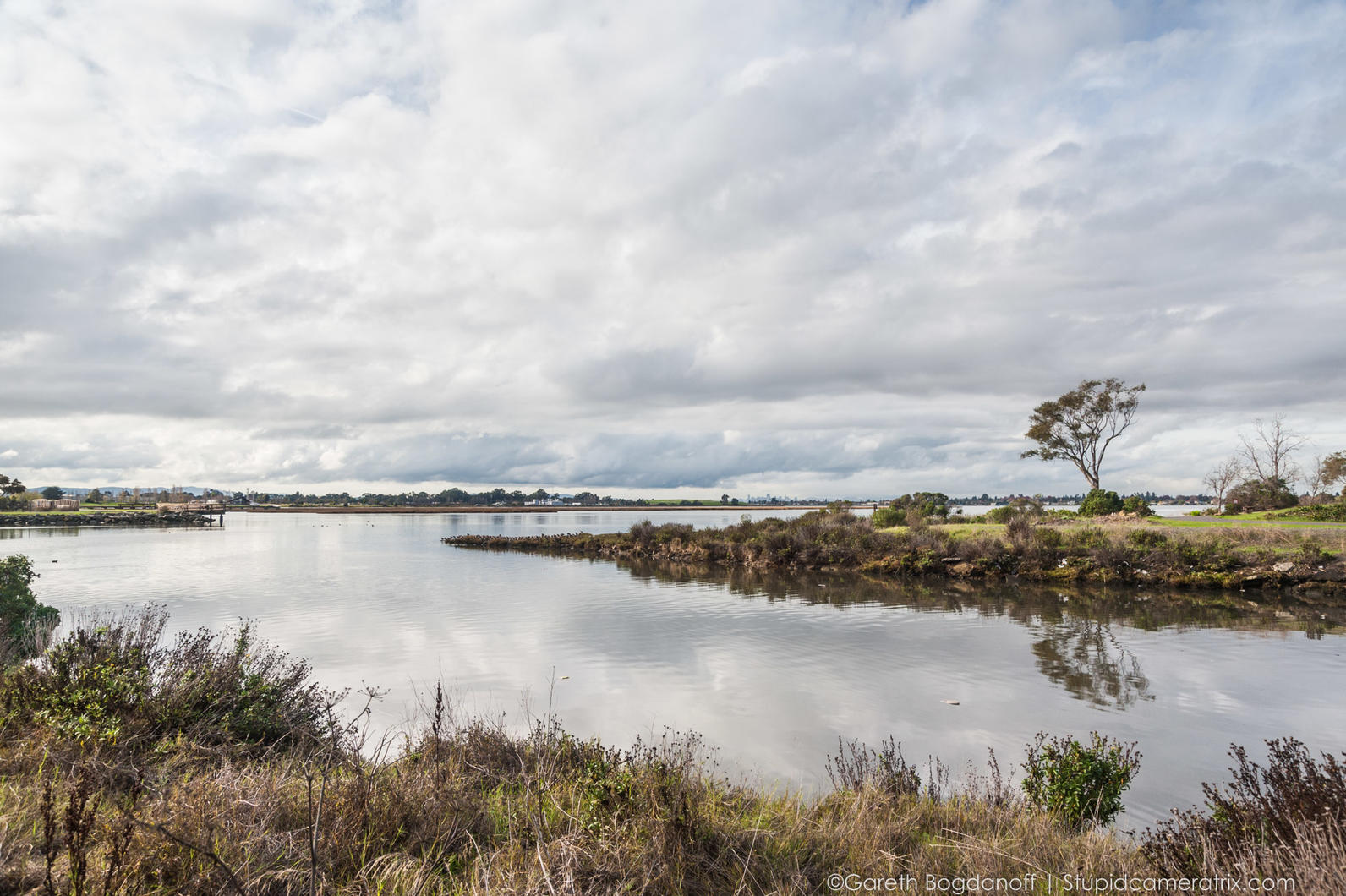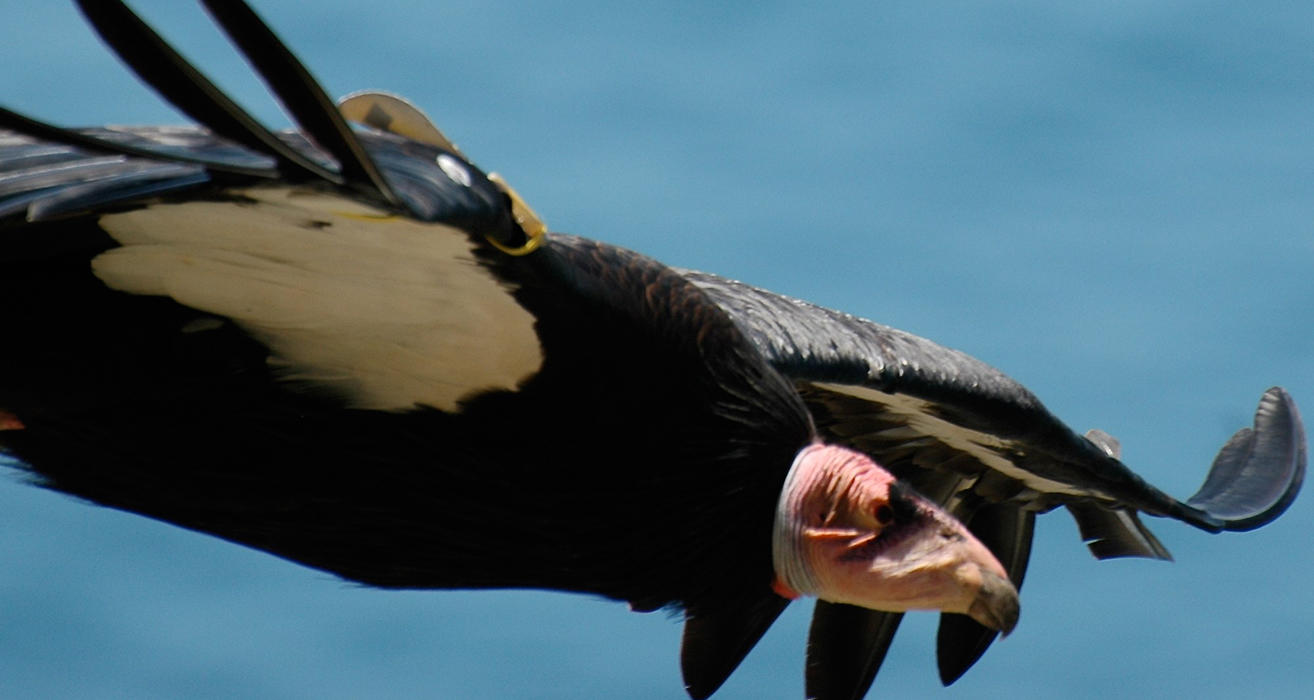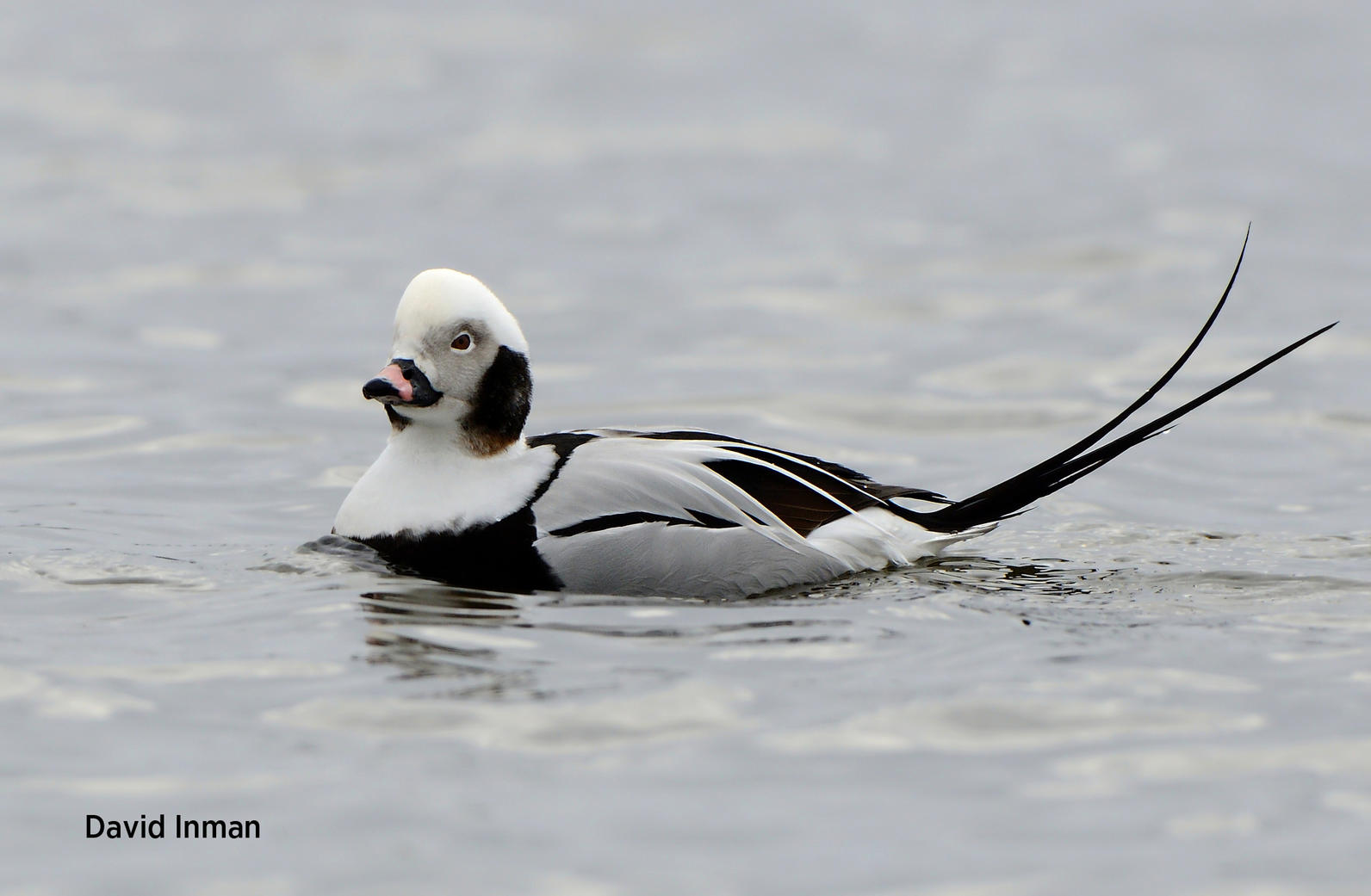Latest News and Updates from Audubon in California
California Condor. Photo: Scott Frier/USFWS

News of proposed budget cuts at the Environmental Protection Agency bode ill for conservation in San Francisco Bay and San Diego, as two major programs are on the chopping block.
In San Francisco Bay, the EPA looks to cut its entire $4.8 million budget for clean water and wetlands restoration programs. This is particularly bad news, as San Francisco Bay has never received a proportionate share of federal restoration funding.
Last year, residents of Bay Area communities approved Measure AA, which will raise about $500 million over the next 20 years for wetlands restoration. Leaders had intended to use this money to leverage greater investment from the federal government.
The EPA is also proposing to cut the $3 million it spent last year on cleaning up pollution in the Tijuana Estuary down to $275,000. This area is the last remaining large wetland in Southern California, and is an Important Bird Area. Endangered Ridgeways Rails and Light-footed Rails make great use of the area.
In addition to cuts specifically targeting California, we also learned of proposed cuts that will go into effect nationwide, but will certainly impact things we Californians care about, such as gutting programs that test coastal water quality, educate our children about nature, address climate change, and reduce pollution in communities suffering the most.
Please raise your voice against these cuts by sending an email to your members of Congress.

On his first day, Interior Sec. Ryan Zinke has rescinded the previous administration's effort to phase out the use of lead ammunition and lead fishing weights. Audubon California was a key partner in the effort to require nonlead ammunition for hunting in California because of the documented danger it posed to both people and birds. One bird is was particularly a danger for was the endangered California Condor. We had hoped that the federal requirement would be sustained and we're disappointed in this decision.
Here's the full statement from the National Audubon Society.

Our colleagues at Altacal Audubon Society originally called attention to the poaching of a rare Long-tailed Duck in Oroville earlier this year. In the wake of the incident, a number of questions are being asked about whether social media accounts of the sighting drew attention to the bird. Nevertheless, conservation and hunting organizations are condemning the action -- and working to figure out how this can be avoided in the future.
Humboldt Bay Harbor District OKs controversial oyster farming project. Reversing a decision from just a few weeks ago, the Humboldt Bay Harbor District last night approved a controversial proposal to expand oyster farming in the bay. Audubon California has opposed this project from the very beginning out of concern that the proposal jeopardizes the eelgrass beds and mudflats that make Humboldt Bay one of the most important places for migratory birds along the coast. Last night's decision was not the final step in the process, and we will be tracking developments carefully. Stay tuned ...
Great long piece by KCET looking at California's wild, nonnative parrots.
Restoring coastal sage scrub at the Audubon Starr Ranch Sanctuary. This is how you involve the community in protecting endangered and sensitive birds. Audubon Starr Ranch Junior Biologists recently gathered together to seed new coastal sage scrub on the sanctuary. These plantings by the road will not only help Coastal California Gnatcatchers and other native birds, but will also reduce the potential of fire spreading from vehicular traffic. Most fires spread from roadsides and travel fastest in the "flash" fuels comprised of dried grasses but less rapidly in shrub vegetation.
Fascinating piece on NPR about the demand from some Southern California communities that their air pollution problems be addressed alongside climate change policies.
Our newsletter is fun way to get our latest stories and important conservation updates from across the state.
Help secure the future for birds at risk from climate change, habitat loss and other threats. Your support will power our science, education, advocacy and on-the-ground conservation efforts.
Join the thousands of Californians that support the proposed Chuckwalla National Monument.